Similar to other common household pets, our beloved guinea pig wasn’t always a domesticated animal. Before they were pets, guinea pigs were wild animals, who thrived in a variety of environments without the help of humans. Whether you already knew that or just found out, it may prompt you to wonder where guinea pigs come from and what their life was like in the wild.
Where Are Guinea Pigs Actually From?
Contrary to what their name may suggest, domesticated guinea pigs actually originate from South America. After the first members of the Caviidae family came about some 20 million years ago, the rodents in South America slowly evolved into the guinea pigs we know and love today. Thanks to genetic analysis, we can estimate that guinea pigs were probably first domesticated around 5,000 BC by the people of the Andean region of South America. Although the exact history is something we’ll never know, it makes sense to assume that guinea pigs were domesticated from one of the wild species by systematically selecting for ‘domesticated’ traits like docile behavior, friendliness, and ease of handling.

How Did Guinea Pigs Live in the Wild?
Although the domesticated guinea pig never lived in the wild, their ancestors and closest relatives certainly have. Undomesticated guinea pigs typically live in grasslands, forests, and marshes provided there is plenty of vegetation to eat, and most species prefer to live in lowlands. In a natural setting, guinea pigs live and travel in a small group or herd made up of one male “boar” and several female “sows” as well as their offspring. With this type of social structure, the one male guinea pig will control reproductive access to the females in his herd and defend them from any other males. Guinea pigs, both domesticated and wild, are crepuscular, which means they are most active during dusk and dawn. When they aren’t out and about or to hide from predators, guinea pigs will seek shelter in burrows or nests created by other animals. This behavior is also common in domestic guinea pigs, as they aren’t much for burrowing, but love an inconspicuous place to hide and rest.

Why Were Guinea Pigs Domesticated?
The people of the Andes in South America had many uses for the guinea pigs they were domesticating. The cavies were valuable not only as a source of food and companionship but also as a token of religious and cultural customs. One common tradition said that guinea pigs could diagnose painful “invisible” illnesses like rheumatism and arthritis and that black guinea pigs were especially skilled at such work.

Guinea pigs were such an important place of the Andean culture, that they were frequently exchanged as gifts, to signify respect and affection. Between 100-800 AD, guinea pigs would go on to have impressive spiritual and social significance for the Moche people, before winning favor with the Incan civilization around 1200 AD. After the 16th century, guinea pigs spread across the Atlantic, and quickly gained popularity as a pet of upper-class Europeans. Where then, in the 17th century were introduced to North America by Spain as part of the exotic pet trade. Thankfully, in modern times, most domesticated guinea pigs are seen as beloved pets or even family members in countless households around the world.













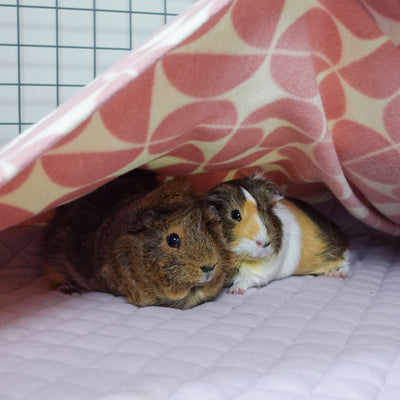










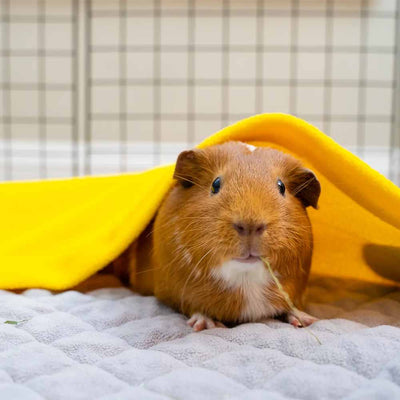
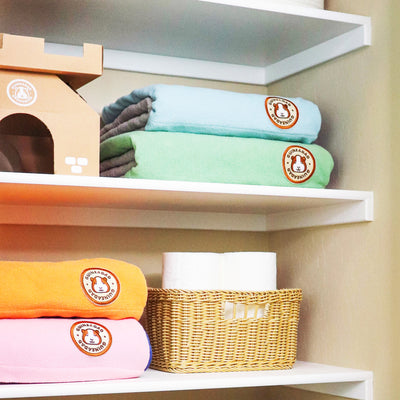






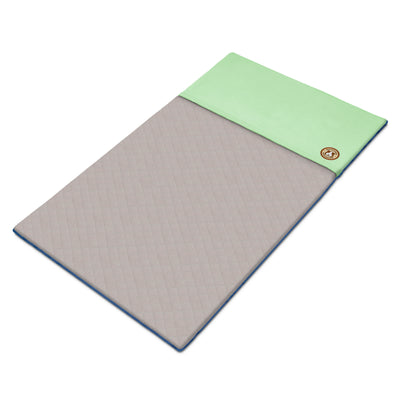














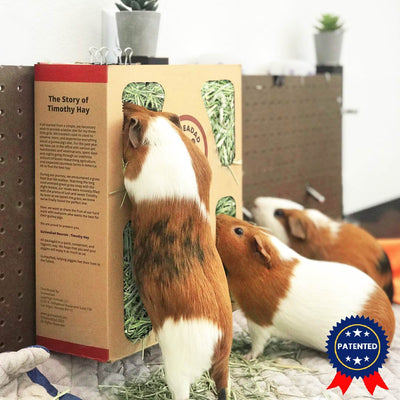
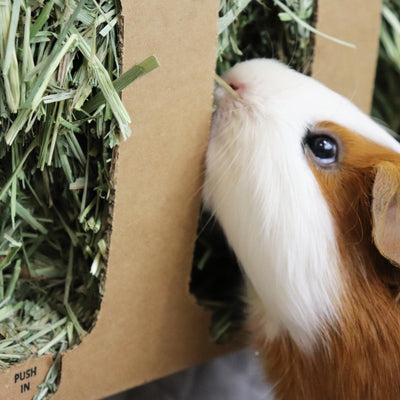
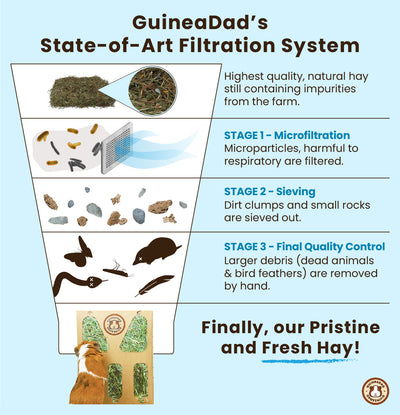
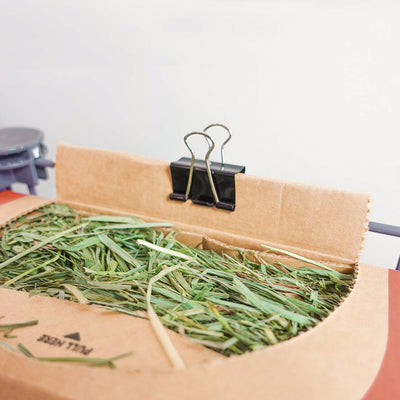
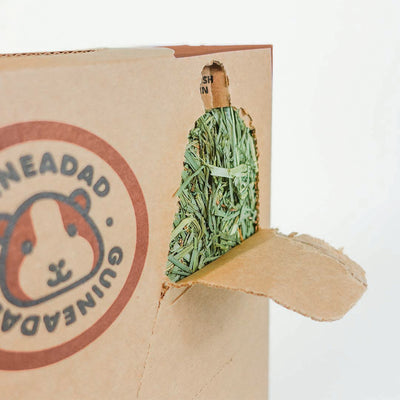


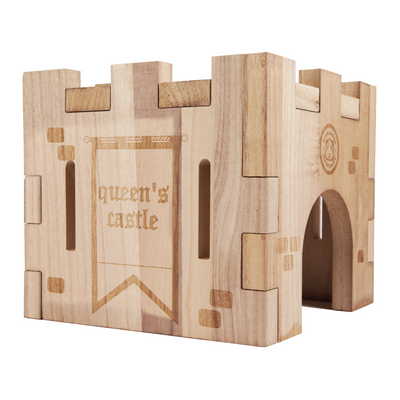

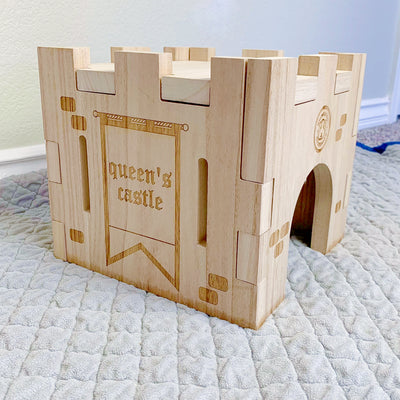
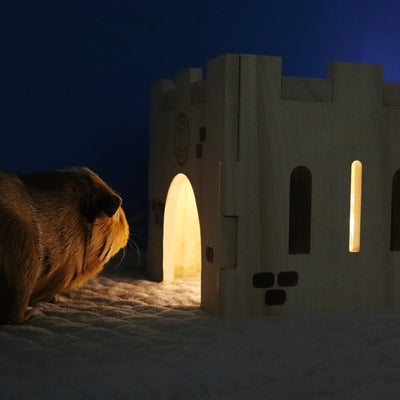
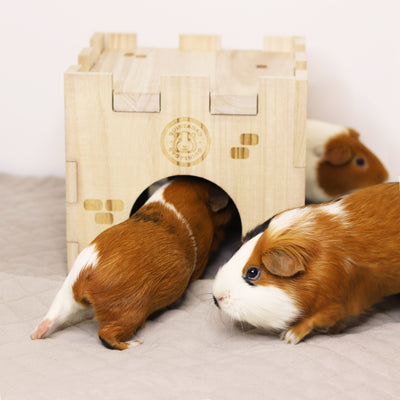
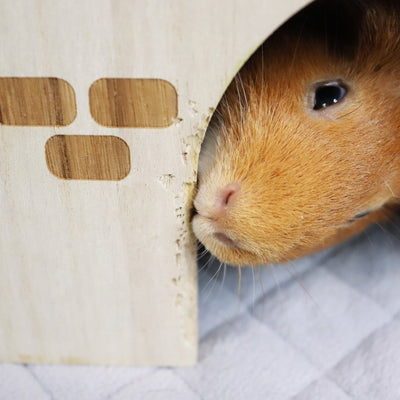

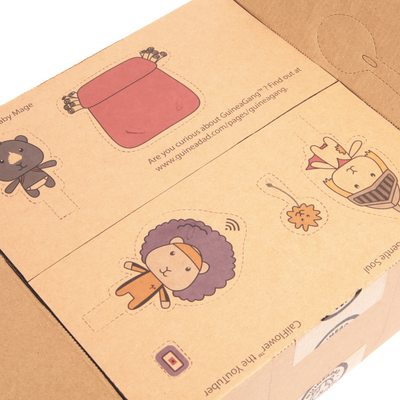








11 comments
I want guinea pig
did they look any different before they were domesticated or bred? or did they always look the way they do today?
I enjoyed learning more about these adorable creatures! Thank you Guinea dad!😊
I love learning about Guinea pigs! This was so informative and fun to read!!
The Elizabethan and the spiritual master guinea pigs’ images made my day! Masterful, Guinea Dad artist!